Which alkyne gives 3-ethylhexane on catalytic hydroenation?
A
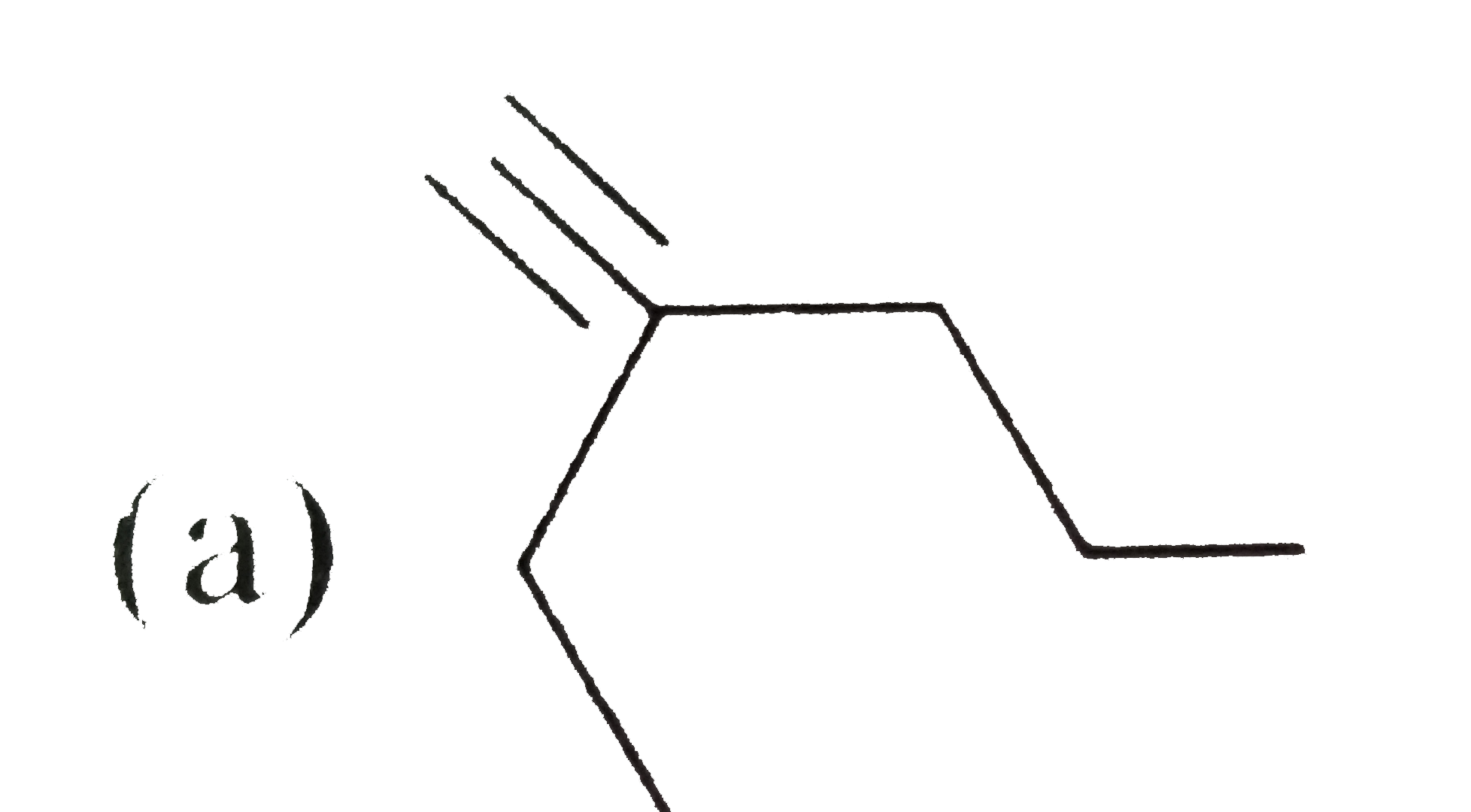
B
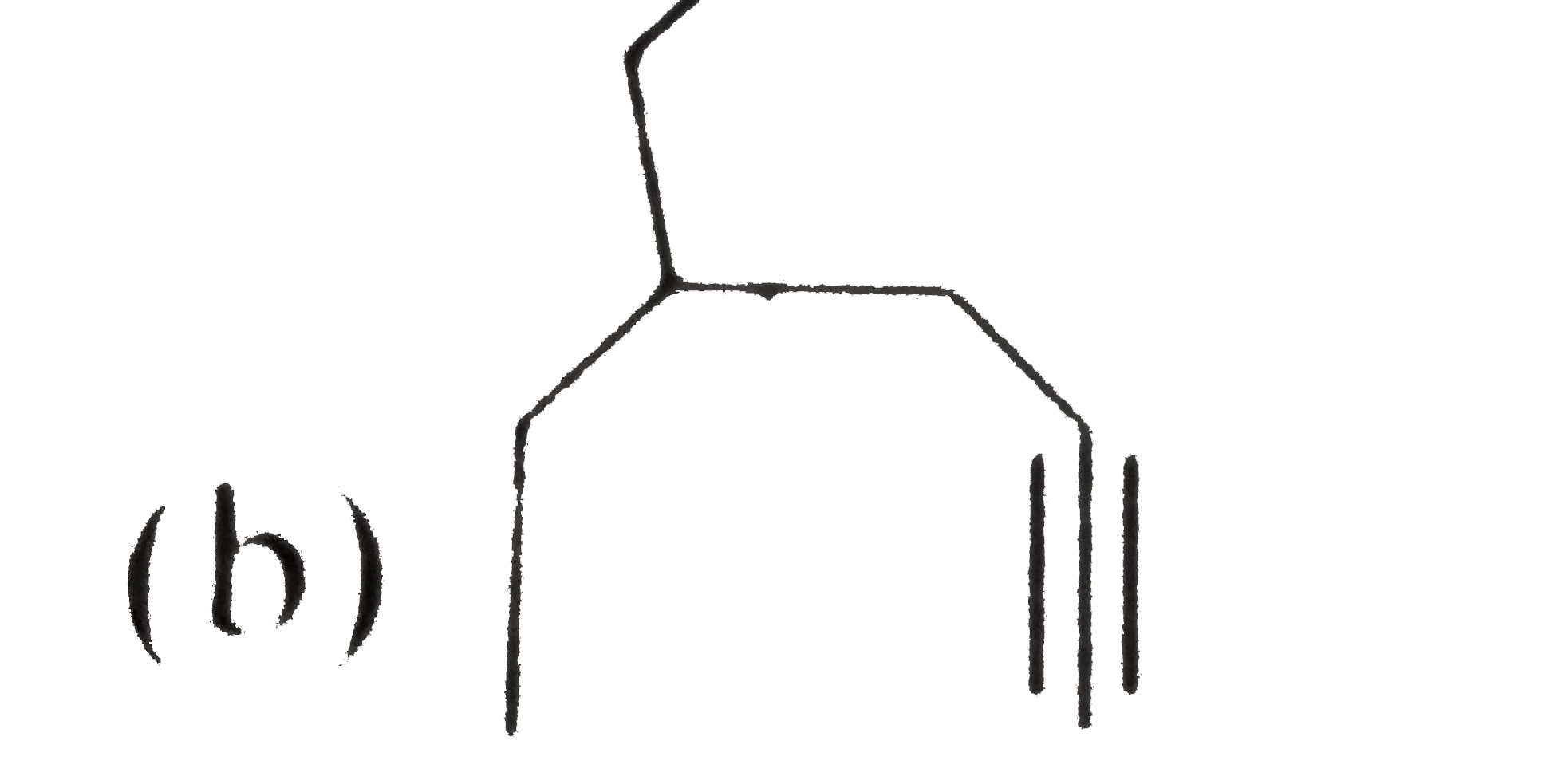
C
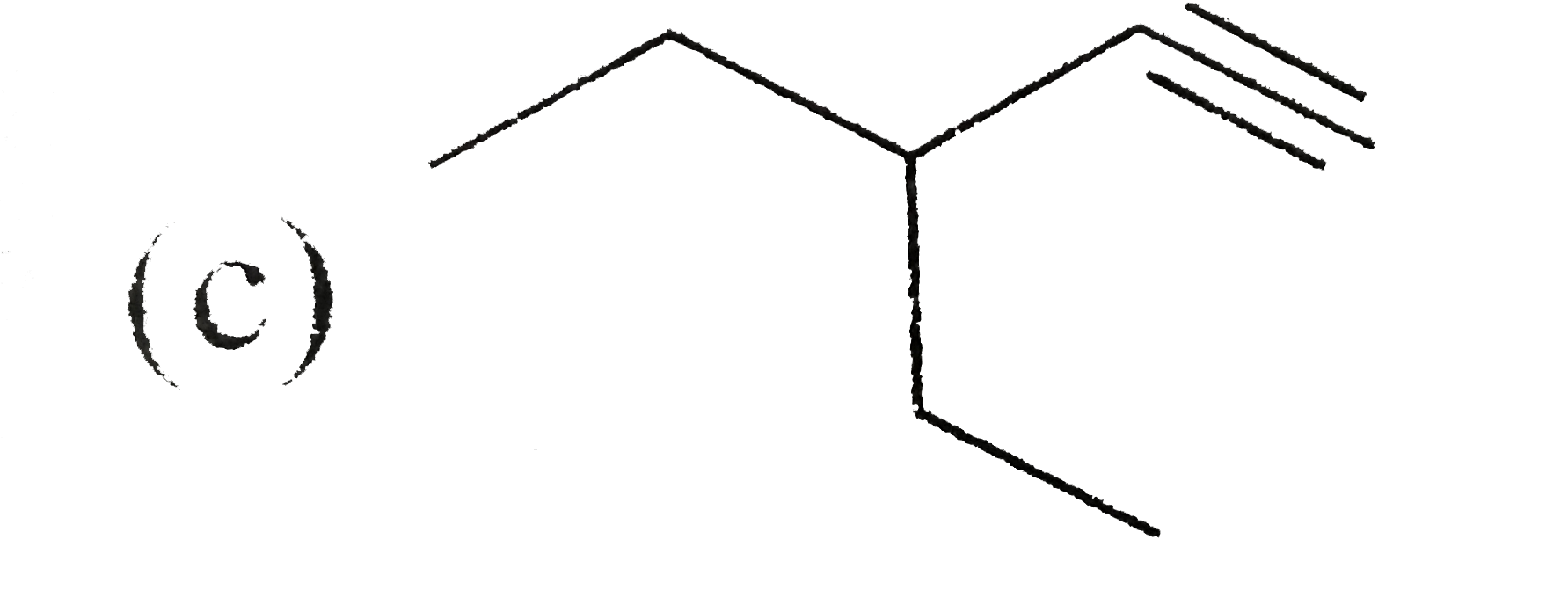
D
All of these
Video Solution
|
Answer
Step by step video & image solution for Which alkyne gives 3-ethylhexane on catalytic hydroenation? by Chemistry experts to help you in doubts & scoring excellent marks in Class 11 exams.
Updated on:21/07/2023Topper's Solved these Questions
- HYDROCARBONS (ALKANE, ALKENE and ALKYNE)BOOK - HIMANSHU PANDEYCHAPTER - HYDROCARBONS (ALKANE, ALKENE and ALKYNE)EXERCISE - Level 2 (Q.201 To Q.225)
24 Videos
- HYDROCARBONS (ALKANE, ALKENE and ALKYNE)BOOK - HIMANSHU PANDEYCHAPTER - HYDROCARBONS (ALKANE, ALKENE and ALKYNE)EXERCISE - More Than One Correct (Q.1 To Q.25)
25 Videos
- HYDROCARBONS (ALKANE, ALKENE and ALKYNE)BOOK - HIMANSHU PANDEYCHAPTER - HYDROCARBONS (ALKANE, ALKENE and ALKYNE)EXERCISE - Level 2 (Q.151 To Q.175)
24 Videos
Similar Questions
Knowledge Check
Which alkyne will give 3-ethylhexane on catalytic hydrogenation?
A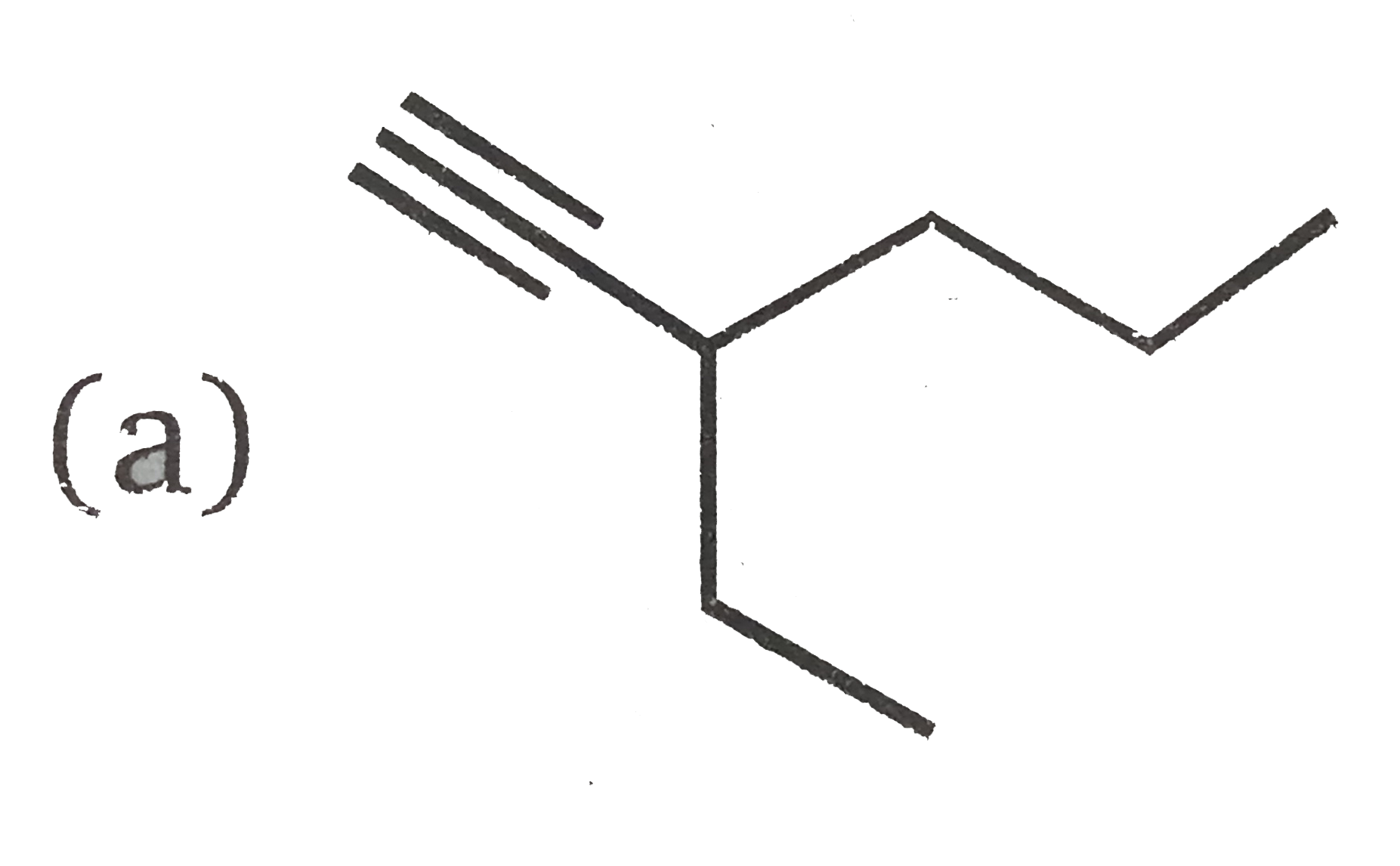 B
B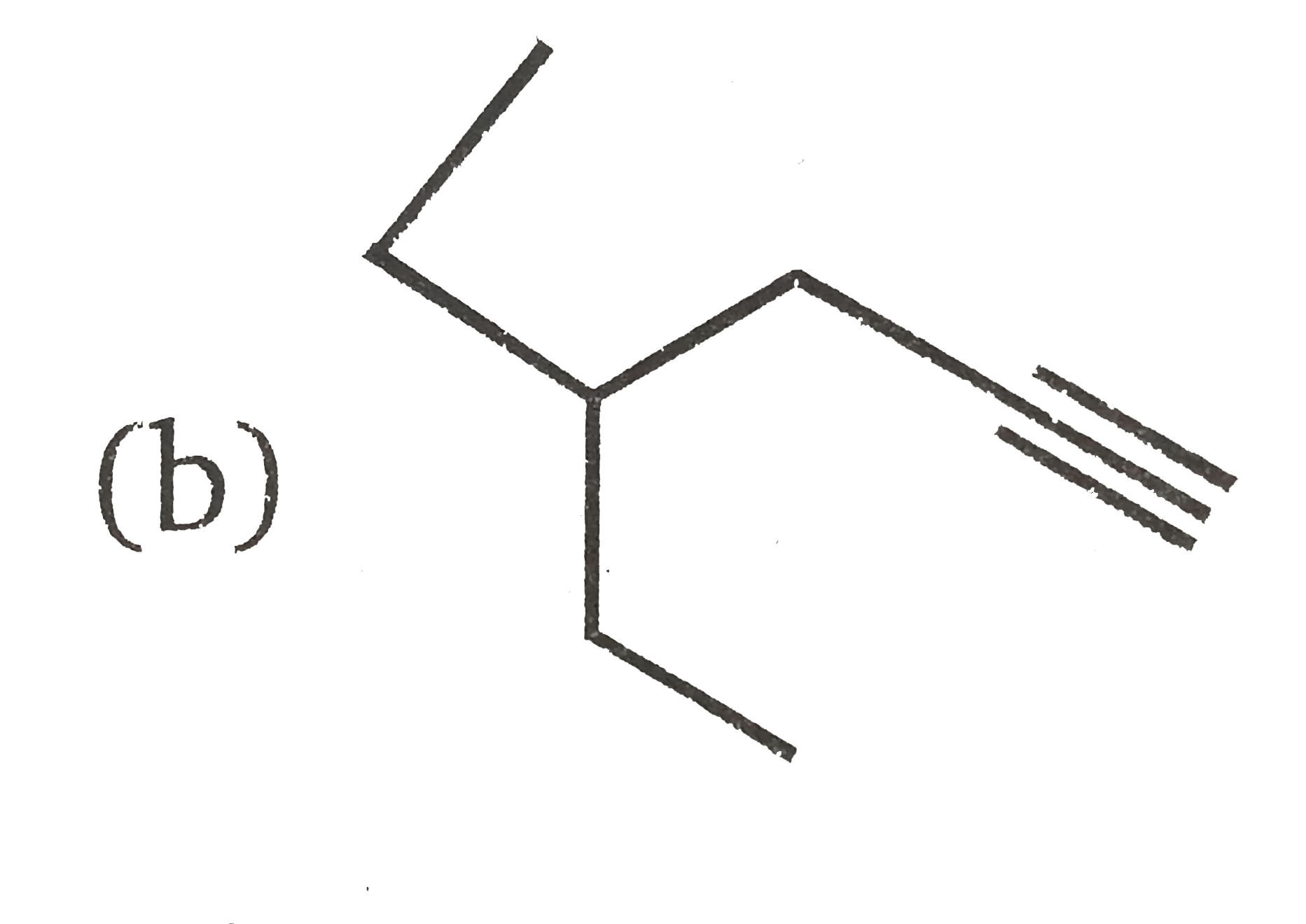 C
C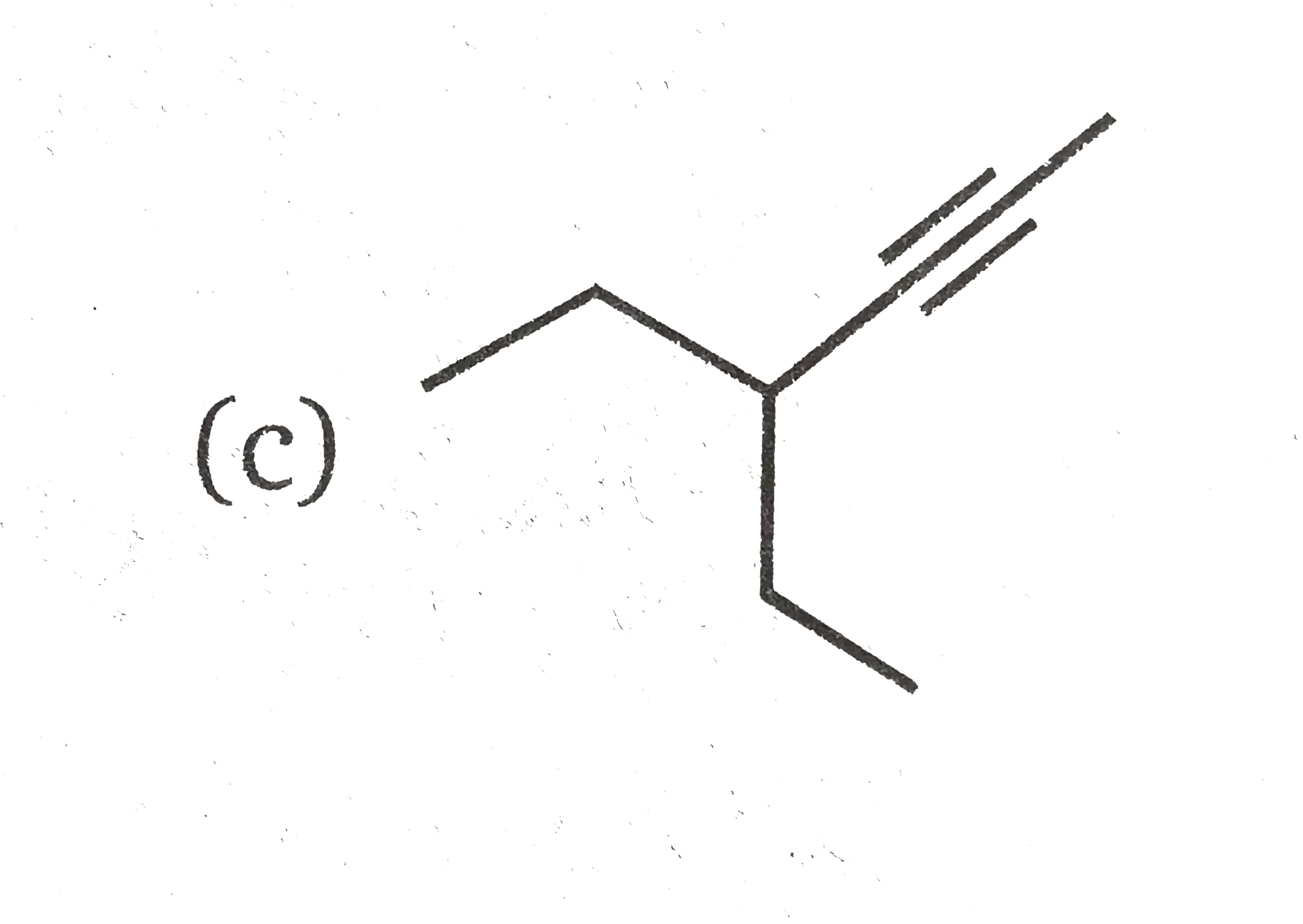 DAll of these
DAll of theseWhci alkyne will give 3-Ethyl heptane on catalytic hydrogenation
A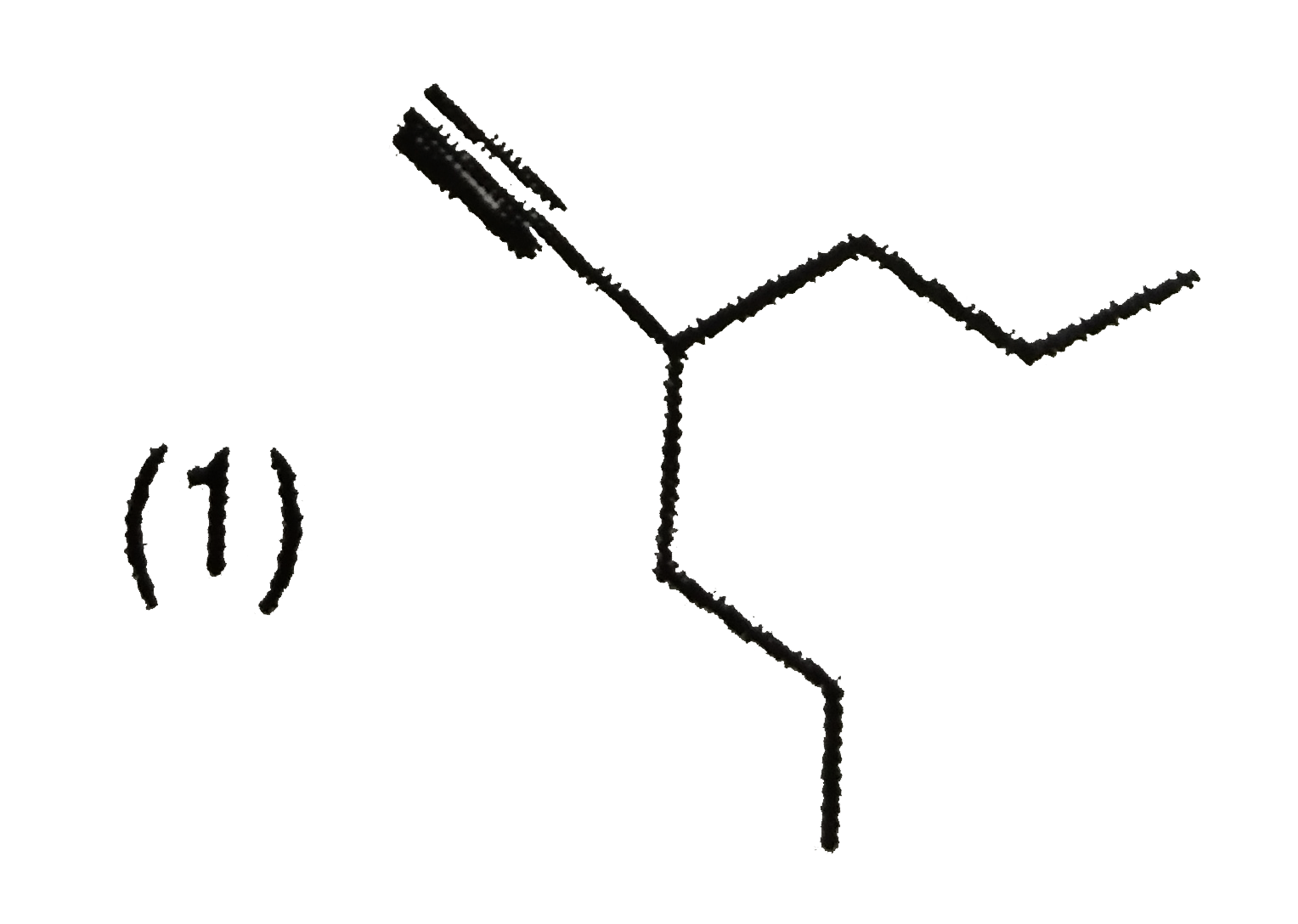 B
B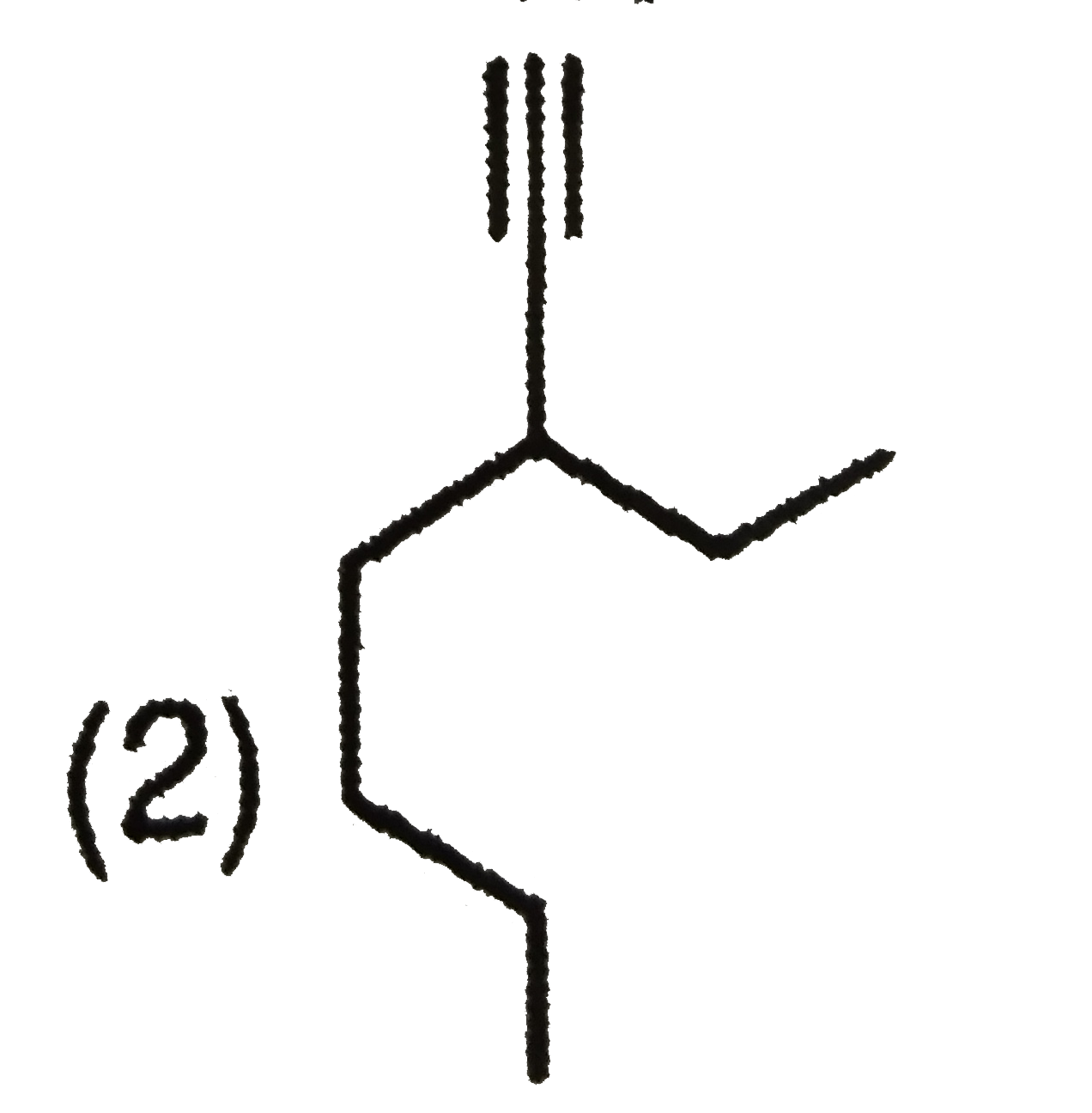 C
C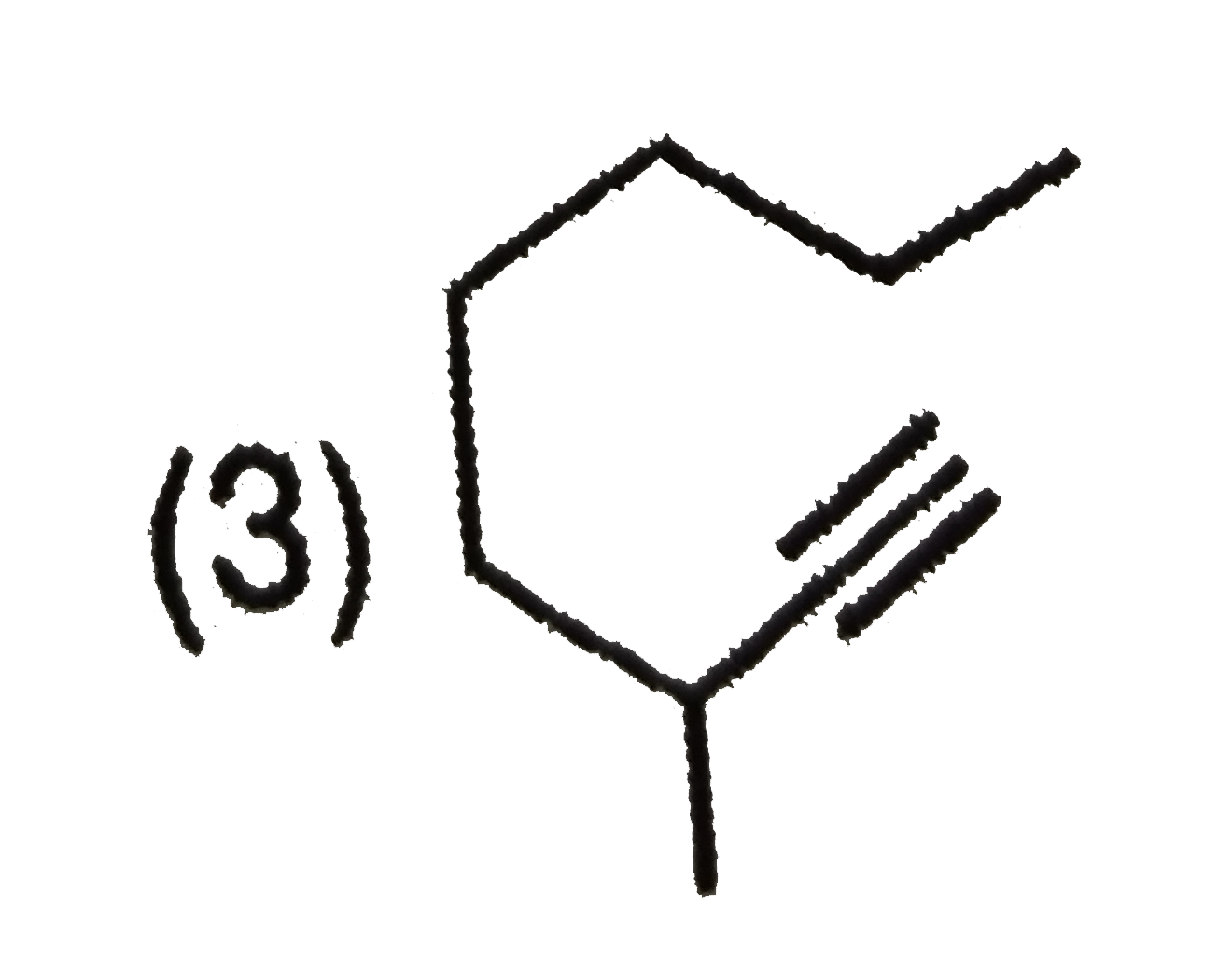 D
D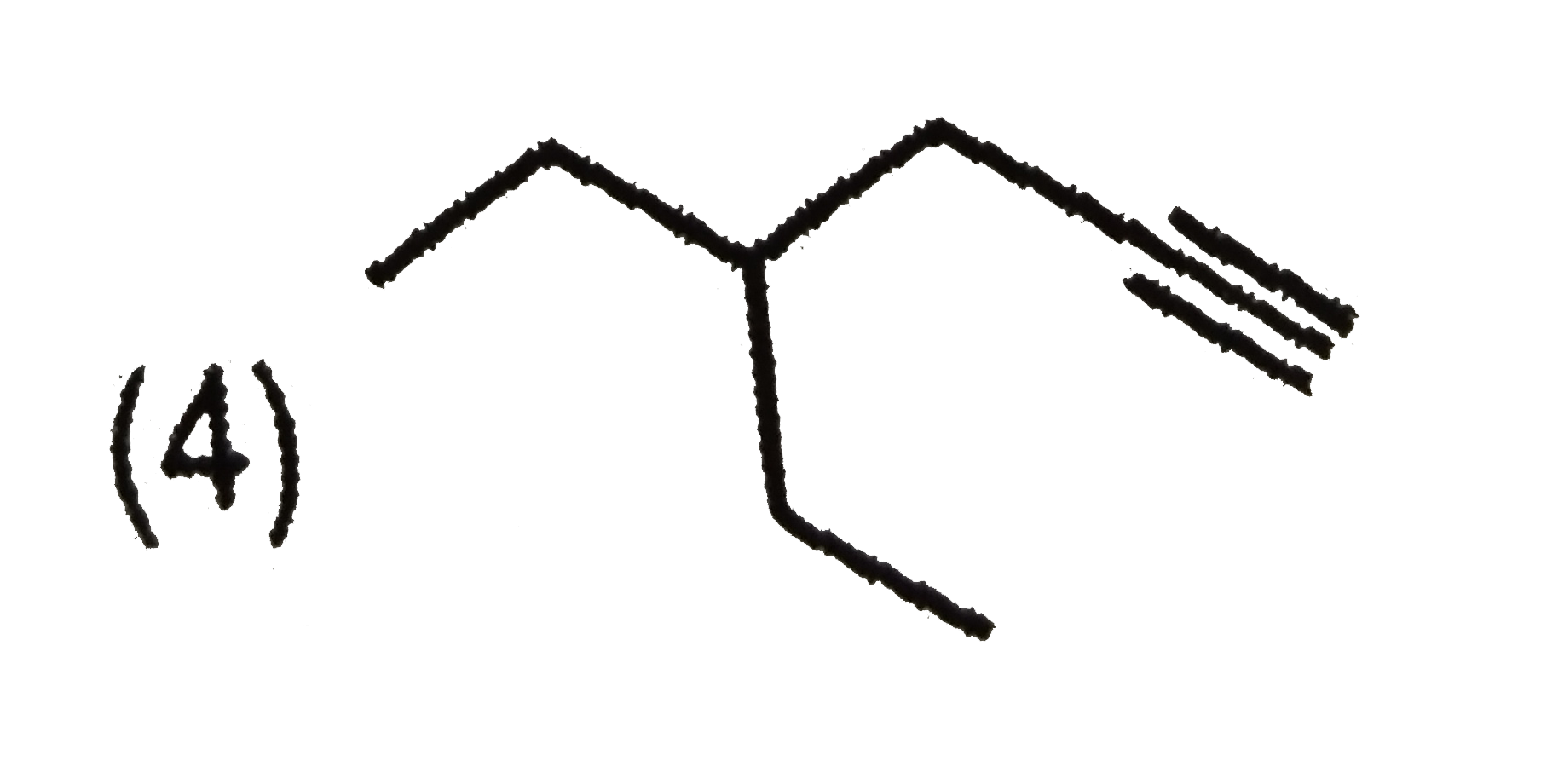
Which alkyne will give 3-Ethyl heptane on catalytic hydrogenation.
A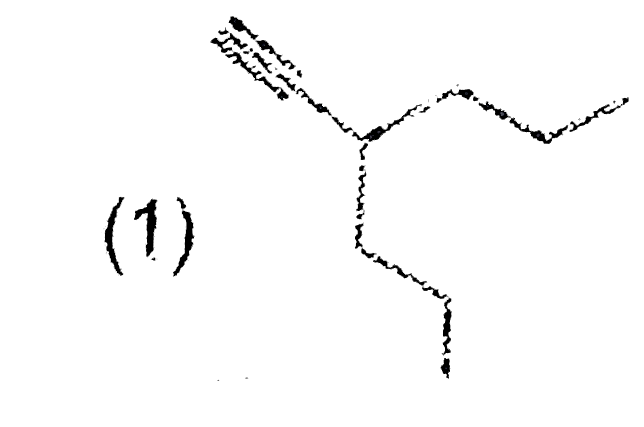 B
B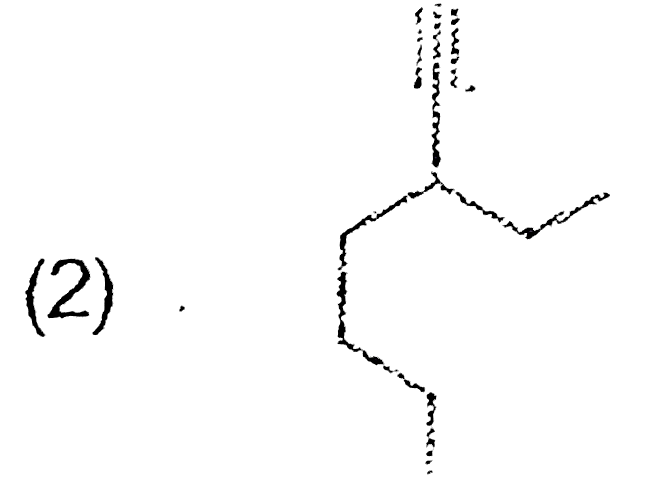 C
C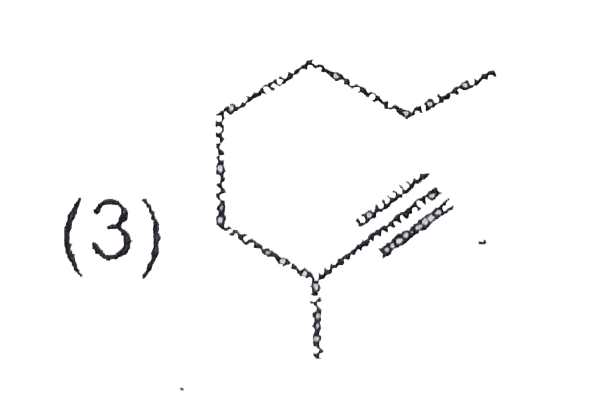 D
D
Acetonoxime on catalytic hydrogenation gives
View SolutionAcetone oxime on catalytic hydrogenation gives
View SolutionAcetone oxime on catalytic hydrogenation gives
View SolutionWhich of the following alkene on catalytic hydrogenation gives cis and trans-isomers?
View SolutionS-I: Alkynes are more reactive than alkene towards catalytic hydrogenation
S-II: Alkynes are less reactive towards electrophilic reactio than alkenes
View Solution